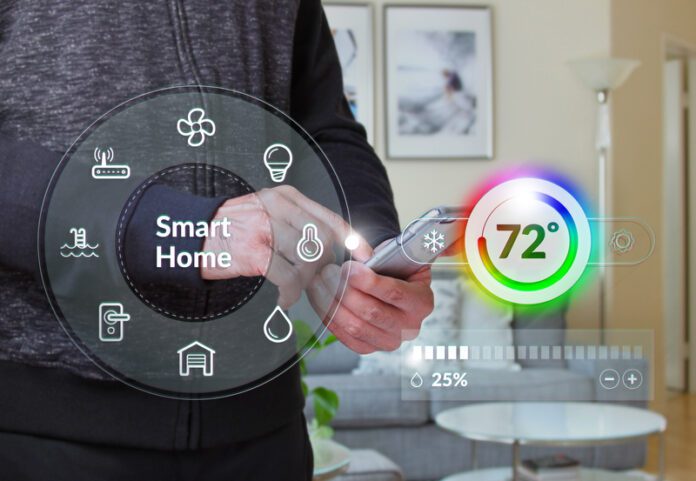Smart technology has revolutionized the way we live, and its impact extends to our homes. From controlling appliances with voice commands to automating various tasks, smart home technology offers a range of benefits that enhance our daily lives.
Save Time
One of the key benefits of incorporating smart technology into your home is the ability to save time. Smart devices and systems can streamline everyday tasks, allowing you to focus on more important aspects of your life. For example, with smart lighting systems, you can automate lighting schedules or control them remotely.
You no longer have to go from room to room to turn off lights or adjust brightness; it can all be done with a simple voice command or through a smartphone app. Similarly, smart appliances such as ovens, washing machines, and robotic vacuum cleaners can be programmed to perform tasks automatically, freeing up your time for other activities. By leveraging the power of smart technology, you can optimize your daily routines and reclaim valuable time.
Reduce Energy Usage
Another significant advantage of smart home technology is its ability to reduce energy consumption. Smart devices and systems offer advanced energy management features that promote efficiency and conservation. For instance, smart thermostats can learn your heating and cooling preferences and adjust temperatures accordingly, optimizing energy usage.
Setting blinds to open and close depending on where the sun is can reduce your energy bills. Smart power outlets and switches enable you to monitor and control the energy usage of connected devices, ensuring they are not left on unnecessarily. By taking advantage of these energy-saving capabilities, you can minimize your environmental impact and save money on utility bills.
Greater Convenience
Smart home technology provides a level of convenience that was once unimaginable. With the integration of voice assistants like Amazon Alexa or Google Assistant, you can control various aspects of your home with simple voice commands. From adjusting the thermostat to playing music or even ordering groceries, these voice-activated assistants make life easier and more convenient.
Smart home hubs and automation systems allow you to create customized routines and scenarios, where multiple devices work together seamlessly. For example, you can set up a “good morning” routine that turns on the lights, adjusts the temperature, and starts brewing your coffee, all with a single command. The convenience offered by smart home technology enhances your overall living experience, making everyday tasks effortless and enjoyable.
The benefits of using smart technology in your home are numerous and impactful. From saving time through automation to reducing energy consumption and enjoying greater convenience, smart home technology enhances our daily lives in significant ways. The integration of smart devices and systems creates a connected and efficient living environment, where tasks are streamlined, and control is at our fingertips. As technology continues to advance, the possibilities for smart home integration are expanding, offering even more benefits and opportunities for improved living. Embrace the power of smart technology and transform your home into a more efficient, comfortable, and convenient space.
Did you enjoy reading this article? Here’s more to read. How to Build a Technology-Driven Business

























